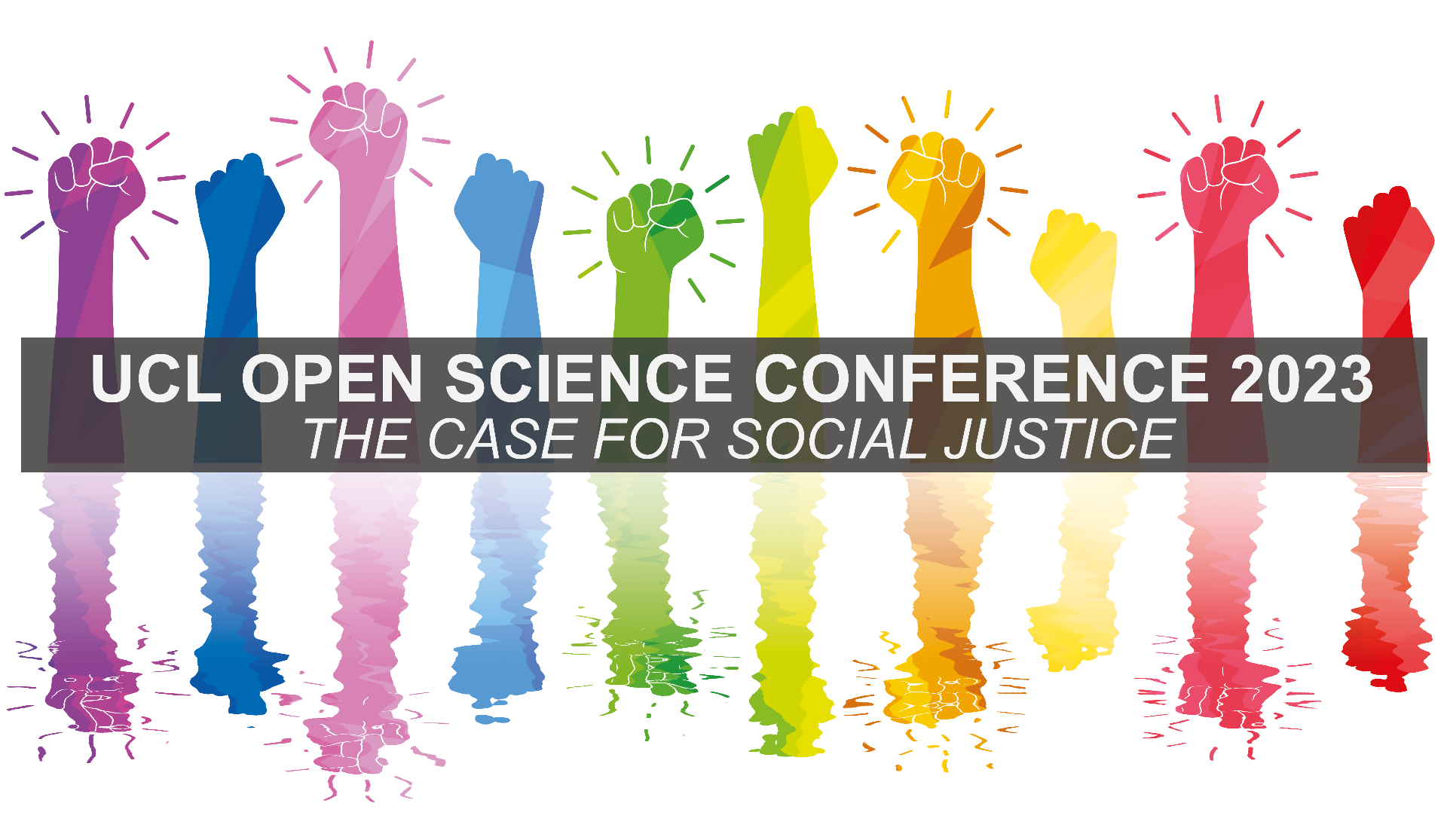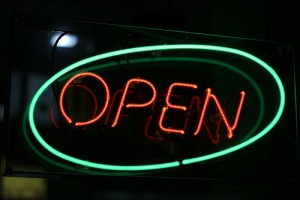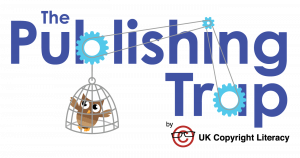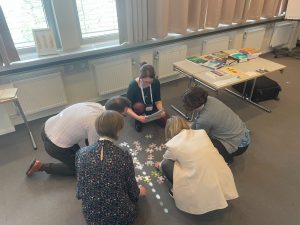Shaping Tomorrow’s Healthcare: Unlocking the Power of Open-Source AI and Robotics
By Naomi, on 17 September 2025
Guest post by Miguel Xochicale, Senior Research Engineer at UCL, leading work on open-source technologies from robotics to AI tools designed to improve healthcare.
In this blog, I would like to reflect on the journey so far, the challenges and rewards of trying to build something meaningful with modest means, and to look ahead with ambition to explore how open-source AI and robotics can help shape the next generation of healthcare.
In October 2023, I was honoured to receive the UCL Open Science & Scholarship Award in the category ‘Professional Services Staff Activities’. This was in recognition of initiating a half-day workshop titled ‘Open-source software for surgical technologies’. I had the privilege of hosting seven distinguished speakers, with an audience of around twenty participants. Hence, that first workshop became the springboard for subsequent events in 2024 and 2025, each growing gradually in terms of co-organisers, speakers, activities, and participants. What started as a small gathering with limited resources and time has begun to take shape as the early foundations of a community that we would like to keep building.

The 2025 workshop took place at the 17th Hamlyn Symposium on Medical Robotics, organised by the Hamlyn Centre for Robotic Surgery at Imperial College London and held at the Royal Geographical Society, London, UK.
The workshop has grown steadily across 2023, 2024 and 2025. 2023: A half-day workshop with 7 speakers from software engineering and academia, 25 participants, and 4 organisers. 2024: A full-day workshop featuring 10 speakers from academia and industry, 6 posters archived on zenodo, 30 participants, and 3 co-organisers. 2025: A full-day workshop with 13 speakers and 7 panellists from academia, industry and regulatory backgrounds. It included 6 posters, each with a two-page abstract, supported by 6 organisers and 2 volunteers. The event sold out, with all 52 seats filled.
The challenges of leading such workshops require careful planning well in advance, ideally starting a year beforehand. This includes checking the availability and interest of co-organisers, aligning the agenda, and building relationships with new speakers and collaborators from different institutions and industries, thinking that such relationships should extend beyond purely scientific or engineering goals, fostering an environment where people also enjoy working together. In organising such workshops, we were always careful to balance responsibilities so that no one felt overwhelmed.
However, despite these considerations, our most recent workshop was scheduled too tightly, leaving little space for meaningful conversations or questions. From this, we learnt the value of tailoring the workshop to the audience, setting clear aims for the community, and creating win–win situations for everyone involved.
We also recognised that funding and sponsorship are essential. They can help cover costs such as materials (souvenirs, t-shirts, stickers), support for guest speakers, and sponsorship for students from around the world. Just as importantly, they would allow us to be compensated for the time we dedicate to organising these events.
What started as a half-day workshop in 2023 on open-source software for surgical technologies has quickly grown into a movement. By 2024 and 2025, it had developed into full-day workshops, “Healing Through Collaboration: Open-Source Software in Surgical, Biomedical, and AI Technologies”, bringing together co-organisers, speakers, and volunteers dedicated to shaping the future of healthcare with open-source AI and robotics. Each year, the community grows, the insights deepen, and the vision becomes sharper. We are now looking for like-minded collaborators, sponsors, and co-organisers to help drive this effort forward. The momentum is here, together, we can redefine what’s possible for open-source innovation in healthcare. By pooling our skills, resources, and passion, we have the chance not just to advance technology, but to transform patient outcomes and make healthcare more open, accessible, and equitable worldwide.
Get Involved!
Help us continue building a vibrant community, by following our GitHub organisation, starring our repositories including the website for workshops, creating issues or pull requests to improve materials, or contributing to the writing of our white-paper in its GitHub repository.
We are always looking for like-minded people who share our vision of open-source software, hardware and technologies benefiting everyone, everywhere. If you are interested in driving healthcare forward with open source, please get in touch with me or join our Discord server for networking, discussions, and event updates. Recorded talks will also be available on the symposium’s YouTube channel. Many more opportunities to get involved are on the way.
Author Biography:
Miguel Xochicale specialises in medical imaging, MedTech, SurgTech, biomechanics, and clinical translation, and is currently exploring physical AI and embodied AI, with a strong focus on open, accessible innovation. Miguel aims to turn cutting-edge research into real-world solutions with lasting impact. Key areas of his work include: End-to-end real-time AI workflows for surgery; Eye movement analysis for neurological disorders; AI-assisted echocardiography; Sensor fusion combining wearables, EEG devices, and medical imaging; Generative AI for fetal ultrasound scans; Human–robot and child–robot interaction in healthcare and low-resource settings; Physical and embodied AI with multimodal data. He is committed to transforming healthcare through safe, scalable, and open AI solutions. If you are interested in collaborating, whether in research, academic-industry partnerships, or developing AI-powered healthcare software, let’s connect.
The UCL Office for Open Science and Scholarship invites you to contribute to the open science and scholarship movement. Stay connected for updates, events, and opportunities.
Follow us on Bluesky, LinkedIn, and join our mailing list to be part of the conversation!
 Close
Close









 Katharine explored memory, myth, and trauma using a unique method: fixed cameras installed inside taxis, with no filmmaker present. This “abandoned camera” approach created a space that felt intimate and undirected, like a moving confessional booth, allowing deeply personal stories to surface.
Katharine explored memory, myth, and trauma using a unique method: fixed cameras installed inside taxis, with no filmmaker present. This “abandoned camera” approach created a space that felt intimate and undirected, like a moving confessional booth, allowing deeply personal stories to surface.











